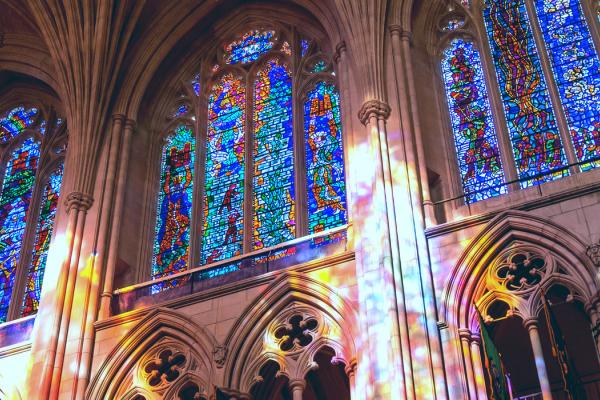Mar 17, 2016
Racism is being incited and condoned, and now violence is being incited and condoned. So we will need to bring what Archbishop Desmond Tutu once called “a spirituality of transformation.” I remember when he preached that message from the pulpit of the National Cathedral in Washington, D.C. I had the blessing of preaching from that same pulpit this past Sunday, and I wanted to share the sermon I preached with you.
Read the Full Article

Already a subscriber? Login
